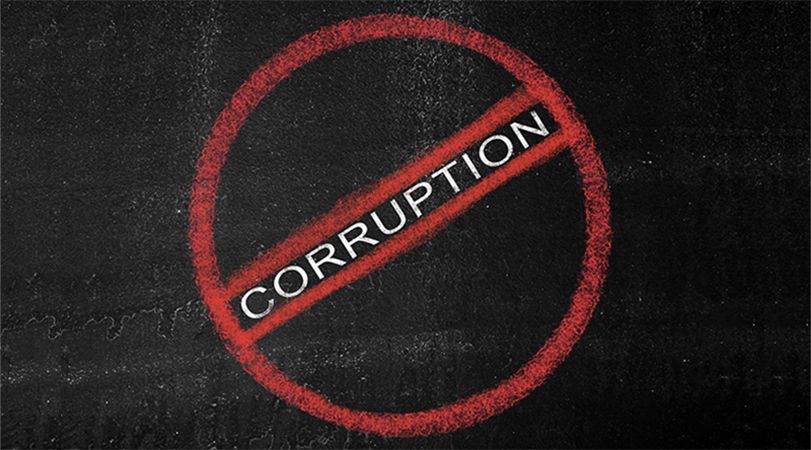A report aiming to place business integrity at the heart of impact investing has been released by Transparency International UK, providing a practical toolkit to support investors in protecting environmental and social outcomes from the impacts of corruption.
Investing with Integrity II, a follow-up to its 2022 predecessor, has been produced in collaboration with Swedfund and British International Investment (BII). The guidance focuses on key corruption risks likely to arise in the context of impact investing, setting out a clear approach for investors to identify, assess and manage these risks.
According to Transparency International UK, impact investors often work in high-corruption-risk markets to meet their development aims. Therefore, the report is aimed at investment professionals, compliance and business integrity teams and ESG and impact specialists.
Chara de Lacey, head of business integrity at Transparency International UK, said: “Impact investing can play a hugely positive role around the world delivering real and measurable social and environmental impact alongside financial returns. However, it is not without difficulty with the most need for this type of investment being markets with the highest corruption risks.
“This guidance has been produced to help navigate these challenges and support impact investors to take the necessary steps to combat these risks and place business integrity at the heart of impact investing where it belongs.”
Corruption risk
The report stated corruption “undermines development by eroding societal trust, weakening democracy and increasing inequality, poverty and social divisions”. By working with investee companies to put in place robust anti-corruption measures, impact investors could “improve public sector governance, reduce poverty and open up emerging markets to a broader range of investment capital”.
Researchers interviewed more than 30 impact investment professionals, who highlighted why corruption should be a core concern for the impact investment community. Their reasons included threats to positive environmental and social impacts, as well as an array of financial, reputational, operational, execution, security, legal and political risks.
As an example, the report said one of the central risks of corruption is that the associated reputational damage may lead to funding for the impact investor being withdrawn. This can threaten the continued existence of the entire investment, and the investor may no longer be able to fulfil its development impact thesis or its environmental and social mandate.
One investor said: “If you got your licences through corruption, that becomes very scary because you’ve just built your whole business without a [legitimate] licence to operate, and that could be the downfall of the company if it comes out. Say you opened up a chain of health clinics, they would all have to shut down. So if it’s going to have commercial impact, it will also have social impact.”
The guidance offers investors key questions to help identify potential risks, and how they can be successfully managed. It also offers three in-depth case studies across the thematic focus areas land, labour and working conditions, and pollution.
“Fighting corruption in high-risk markets is essential to Swedfund’s mission, poverty reduction through sustainable investments. Corruption undermines development, increases costs and reduces access to basic services, posing risks and inefficiencies to investors and investees alike,” said Johanna Raynal, head of ESG and impact at Swedfund.
“This report offers valuable insights into the interconnection between assessments of corruption risks and environmental, social, and financial risks. As impact investors, we cannot prevent individuals from making poor decisions, but we can establish strong procedures to counteract them.”
Alex Maddy, director and head of business integrity at BII, added: “We support the aspirations of millions of people living in some of the most disadvantaged parts of the world. To do that, we need to set new standards in managing risk for ourselves and for other investors who want to make impact investments in these markets. This new anti-corruption guidance is an important milestone in that ambition.”








